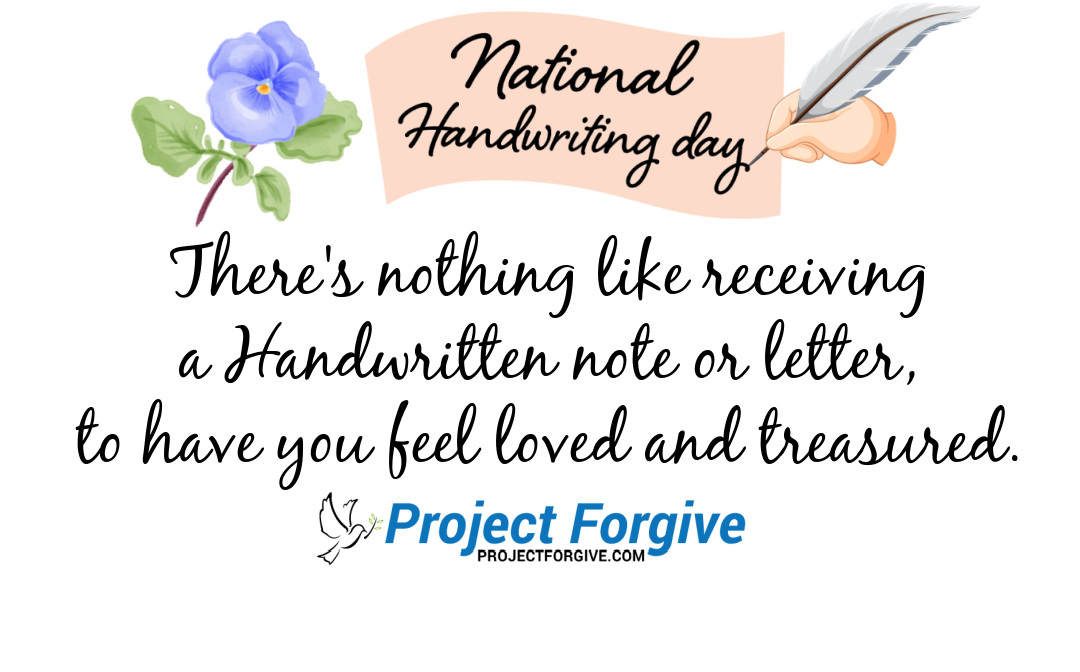In today’s digital age, where texting and typing dominate our modes of communication, the art of writing by hand is gradually fading away.
Recent research published in “Frontiers in Psychology” suggests that this shift may come with overlooked consequences for our brain activity and cognitive function.
The study, which explored the neurological differences between handwriting and typing, uncovered some intriguing findings. Contrary to popular belief, handwriting appears to offer unique advantages in terms of learning and memory retention.
By analyzing brain activity during various writing methods—cursive handwriting, digital pen on a touchscreen, and typing on a keyboard — the researchers made a remarkable discovery.
They found that handwriting activates significantly larger portions of the brain compared to typing, which triggers minimal brain engagement.
This phenomenon stems from the intricate process involved in forming letters by hand.

Unlike typing, where keys look similar and require less diverse motor and visual cortex activity, handwriting demands coordination between multiple brain areas, including the visual, sensory, and motor cortices.
Each stroke of the pen entails distinct movement patterns, contributing to heightened neural activation.
Interestingly, individuals using a digital pen exhibited increased brain activity, because they had to visualize and execute precise motor movements while writing.
This underscores the unique cognitive demands associated with handwriting, regardless of the medium used.
Despite the undeniable benefits of handwriting, its prevalence has dwindled in recent years.
While over half of respondents in a recent survey reported writing by hand daily, 16.5% said they seldom engage in this practice.
This shift away from handwriting may have repercussions, particularly for cognitive function and brain health.

The study also suggested that the advantages of handwriting extend beyond youth. While it is crucial for children, whose brains are still developing, to engage in handwriting, older adults may also reap cognitive benefits from this practice.
In essence, the act of putting pen to paper transcends mere writing—it serves as a powerful exercise for the brain, stimulating neural pathways and enhancing cognitive function.
As we navigate the digital landscape, let us not overlook the profound impact that handwriting can have on our minds and memories.
If inspired, please share.
Related Articles:
Japanese Stone Artist Transforms Rocks into Majestic Works of Art
Richard Branson Quotes: Inspiration For Your Forgiveness Journey


